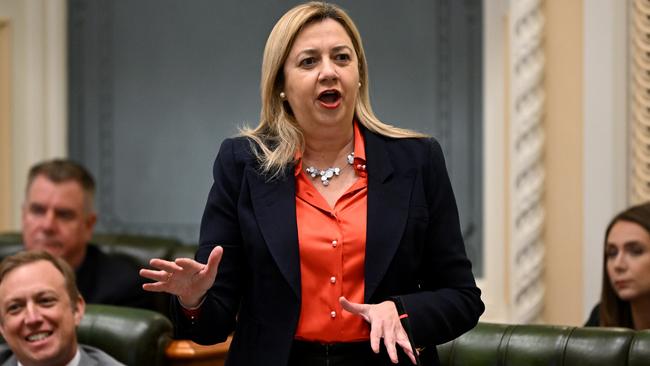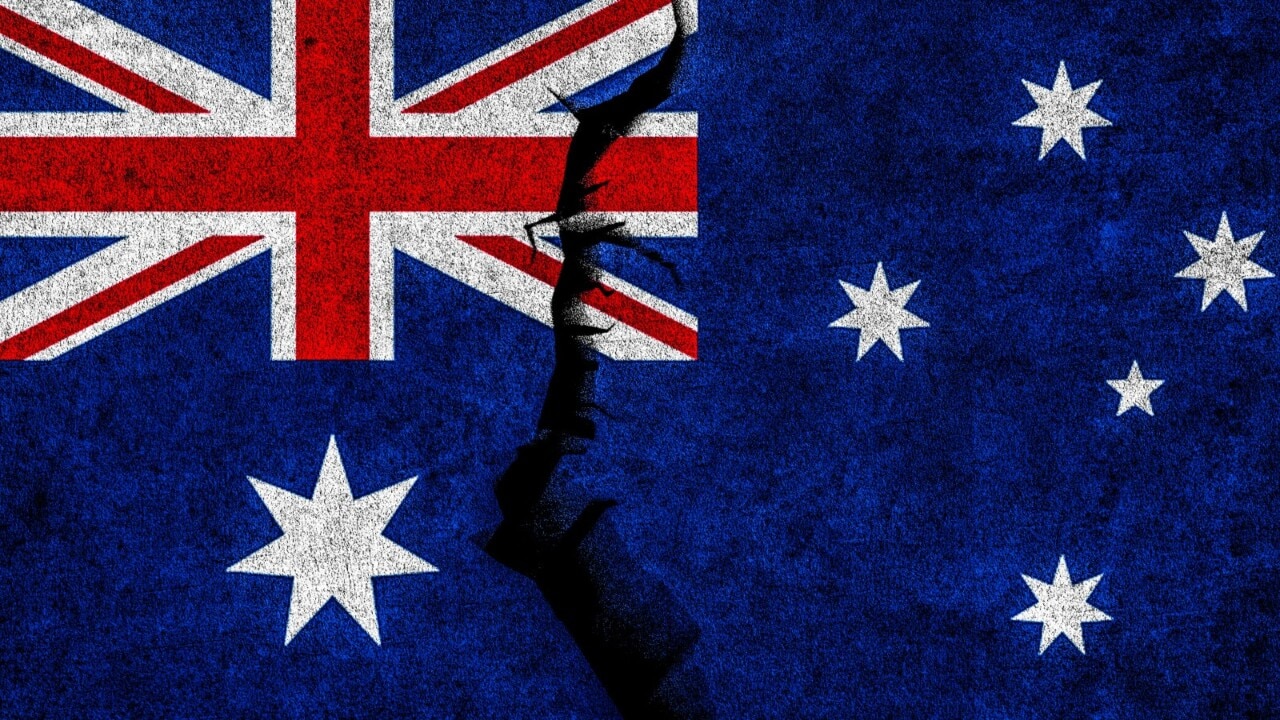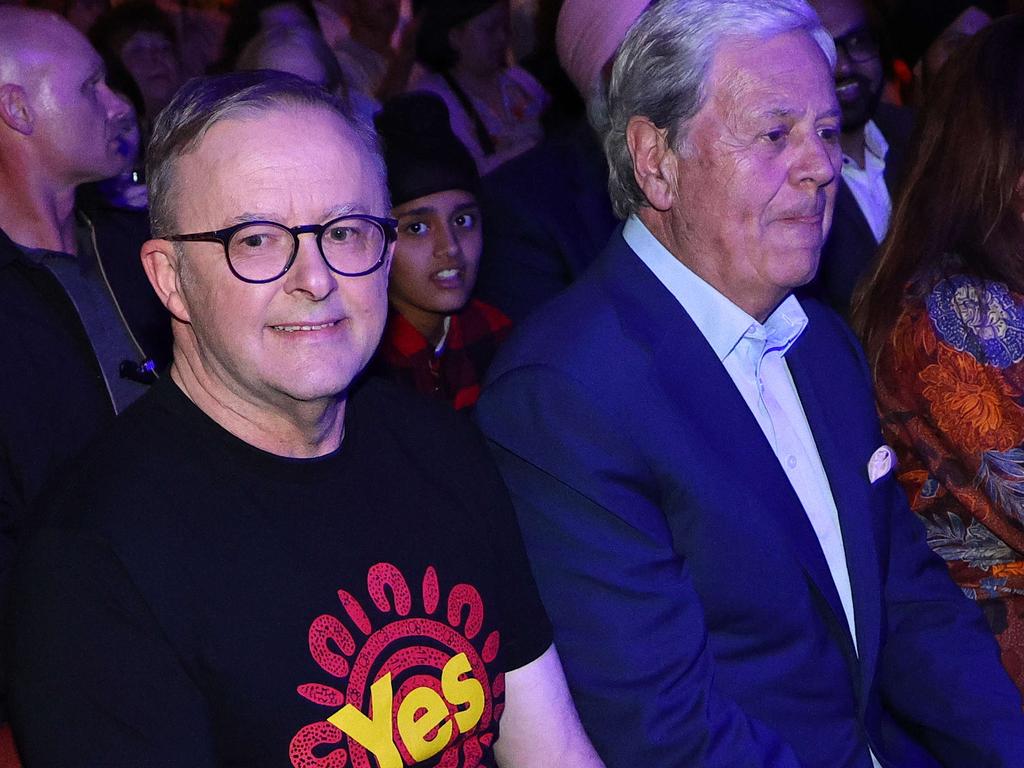Queensland’s No sign of difficulties ahead for Albanese
Queensland’s emphatic rejection of the voice referendum is viewed by Labor insiders as further confirmation of the difficulty ahead for Anthony Albanese in winning more seats in the state.

Queensland’s emphatic rejection of the voice referendum is viewed by Labor insiders and political pundits as further confirmation of the difficulty ahead for Anthony Albanese in winning more seats in the state at the next federal election.
Queensland led the states in opposing the voice, with 68.53 per cent voting no in the referendum – 4 per cent higher than the next state against constitutional change, South Australia.
Only three of the 30 federal electorates in the state delivered a majority Yes vote.
All three are in Brisbane and held by Greens MPs – Brisbane, Griffith, Ryan – which were won off both Liberal and Labor at last year's federal election.
Labor insiders insisted the No vote would unlikely damage the federal government’s standing in the state where it holds just five seats.
Federal Treasurer Jim Chalmers’ seat of Rankin, just south of Brisbane, voted 65.02 per cent no and 34.98 per cent yes.
“It is a long way off until the next federal election (due in May 2025) and I think voters can separate their stance on the voice to how they vote at a general election,’’ one federal parliamentarian said.

Griffith University associate professor Paul Williams said the result doesn’t bode well for Labor, particularly in the Greens-held seats.
“Those three Greens seat, of which Labor will target at the next election, were strongly behind Yes and that shows they are unlikely to go to Labor anytime soon,’’ he said.
“If the federal election was held tomorrow, I think the result shows Labor won’t be picking up any more seats.
“In the short term, Albanese’s leadership on the voice might take some bark off him in Queensland but the dust will settle.”
Dr Williams said Queenslanders were historically not “particularly interested in socially progressive politics”. “This is more of a symptom than a cause of Labor’s problems,’’ he said.
The highest No vote was posted in the western Queensland seat of Maranoa, held by Nationals leader David Littleproud, with 83.76 per cent of voters against the voice.
The Gladstone-based seat of Flynn, held by the Nationals’ Colin Boyce and which was targeted by Labor at the 2022 election as a winnable seat, had 83.92 per cent of the electorate voting no.
The marginal Labor seat of Blair, based around Ipswich, voted 69.77 per cent no and 30.23 per cent yes.

Federal Opposition Leader Peter Dutton’s seat of Dickson, on the northern outskirts of Brisbane, recorded a No vote of 65.91 per cent.
Annastacia Palaszczuk said the referendum defeat showed the voice “wasn’t the right way”.
Ms Palaszczuk was a Yes supporter but did very little campaigning for the voice.
In a statement, the Queensland Premier said “the Australian people have spoken”.
“And their voice tells me they’re not ready. Not yet. I respect that,’’ she said.
“They never get it wrong.
“What I’m confident all Australians do agree with is the need to improve the wellbeing of First Nations peoples.
“We are a generous nation.
“And we extend our hearts and our hand to all.
“This wasn’t the right way. I acknowledge the strong feedback. But that won’t stop our efforts to bring justice, reconciliation and material improvement to the lives of Aboriginal and Torres Strait Islander peoples.”
Ms Palaszczuk this year personally championed laws for treaties to be negotiated with First Nations groups across the state after the completion of a three-year truth-telling inquiry.
legislation was passed in May with the support of the Liberal National Party, which has since faced widespread criticism from within its rank-and-file membership.






To join the conversation, please log in. Don't have an account? Register
Join the conversation, you are commenting as Logout